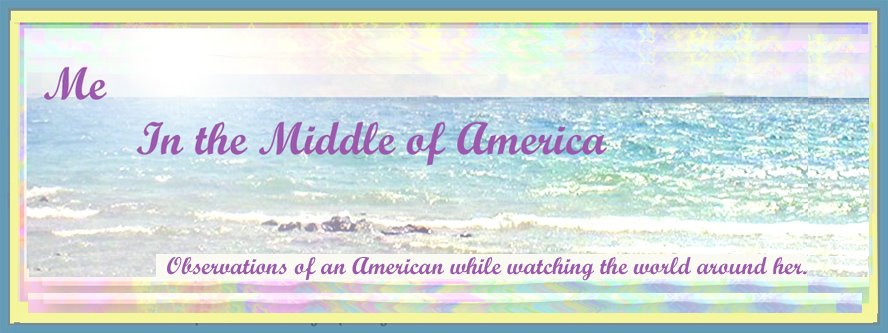I don't think there are too many people that really believe that the United States has a classless society. I have been told by European friends who moved here that it is more a matter of the 'ease' that one can move up through the 'classes' here and still be accepted. I would agree with that assessment.
Of course there is always 'old money' that looks down on 'new money' and various rungs on the 'ladder' of every class. Much of the 'old money' names from the nineteenth and early twentieth century came from fortunes built by semi-legal means, or by severely oppressing their workers. The creation of an income tax, and the rise of labor unions limited the ability of future generations to rise so rapidly to wealth. But nothing has really changed. John F. Kennedy's dad was a 'bootlegger', illegally selling alcohol during Prohibition. (A period when it was illegal to sell alcohol in the U. S.). Fortunes based on corporate greed on Wall Street and elsewhere over the past thirty years are just a new version of the robber barons of the previous times.
But that is the difference. No matter who you are or how you got your money, it seems to be 'washed clean' after a generation or so. No matter what anyone pretends, money is truly what most people worship here. And if you have money, the rest is just not as important most of the time.
There's another saying here: "Rags to riches, riches to rags every three generations." I don't know if there has ever been an actual study to prove that, but there does seem to be a cycle of wealth in many families. Although I would say in many cases it is four or five generations. You have the hungry for money, power grabbing ancestor that builds the fortune. Usually within a generation or two the children are pampered enough that they don't try very hard. Soon the money starts to dwindle. Until or unless a new fortune builder appears, the family lapses into a more middle class existence.
The difference between those folks and those in the middle class who have never come from wealth, is the network of connections. Once you have ties to the 'right' schools and people, you can call upon them for many favors. If you never had anyone go to the right schools or have friends and family that did, you are on your own.
In my lifetime, on both sides of my family, we have slid up and down from working class/middle class over time. On my father's side, my ancestry is Polish. His grandparents on both sides emigrated in the early twentieth century. They worked in the steel mills in the Chicago area, during the rise of industry and labor unions. My mother's side is Irish and Welsh. The Irish emigrated in the late nineteenth century, a generation before my Polish relatives. Our Welsh ancestor actually came here as a Quaker, with William Penn in the eighteenth century. They were very wealthy here, and there are still historical sites with his name on them.
I would define middle class as those with at least a few years of college, who work in some professional capacity. In other words, they don't really get their hands dirty. Yet, it is hard to make that statement arbitrarily. Because middle class is not just about the kind of job that you hold, or even your income, it is a state of mind or attitude.
Members are more likely to be a little more open minded, and less likely to automatically stereotype people and situations. They are more likely to think a little about issues, rather than just believe whatever their favorite t.v. personality or church minister tell them. Until recently, the middle class were those that could expect their children to do better than they did. Things are changing here, and that seems less likely now.
I would divide the Middle Class into three sections--lower middle, middle, and upper middle. Until the past year or so, that would describe a majority of Americans that vote and contribute to society in some way. I believe that one reason the politicians and corporations were able to rape the system as they have over the past twenty years or so is because of the deep seated belief among most in the Middle Class that they might rise higher. For example: support tax cuts for the rich, because 'hey, I might be rich some day'. That hope is deeply ingrained in the mindset of anyone born after 1935---to about 1980. This span of years can be disputed, I'm just basing that range on my own experience. The younger generations have very little hope in their future. Which matches how people who were born before 1935 tended to look at things.
Subscribe to:
Post Comments (Atom)




No comments:
Post a Comment